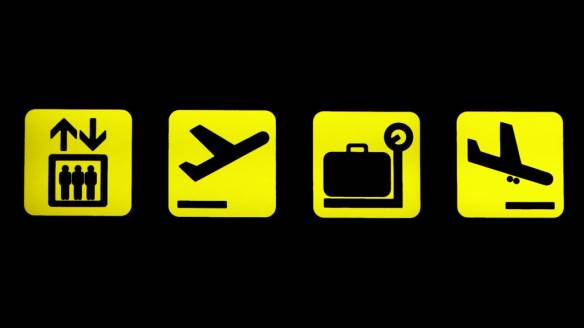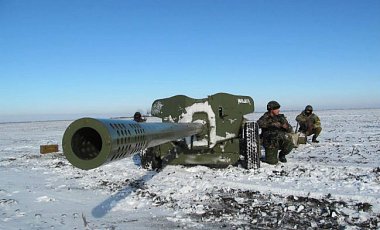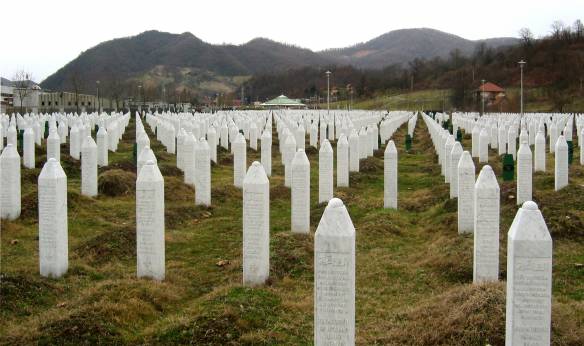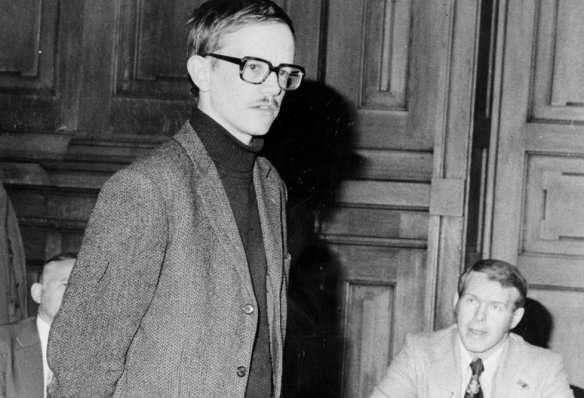Rejected asylum seekers often resist the legal obligation to return. Consequently, European policy makers tasked with migration managament have turned to so-called ‘Assisted Voluntary Return and Reintegration programmes’ (AVRRs) to incentivize return to and support reintegration in the country of origin. Such programmes are described as less politically costly, more humane, simpler and cheaper than deportation. But with very limited monitoring and evaluation of AVRRs we know little about how well they work and whether the promised support is given. In a recent policy brief, I outline some of the compelling reasons to monitor and evaluate AVRRs.

It may seem as if return programmes are all about logistics, but a comprehensive evaluation should raise a wide range of analytical questions. Image: radarqnet, and Lauren Manning, used under CC BY 2.0.




